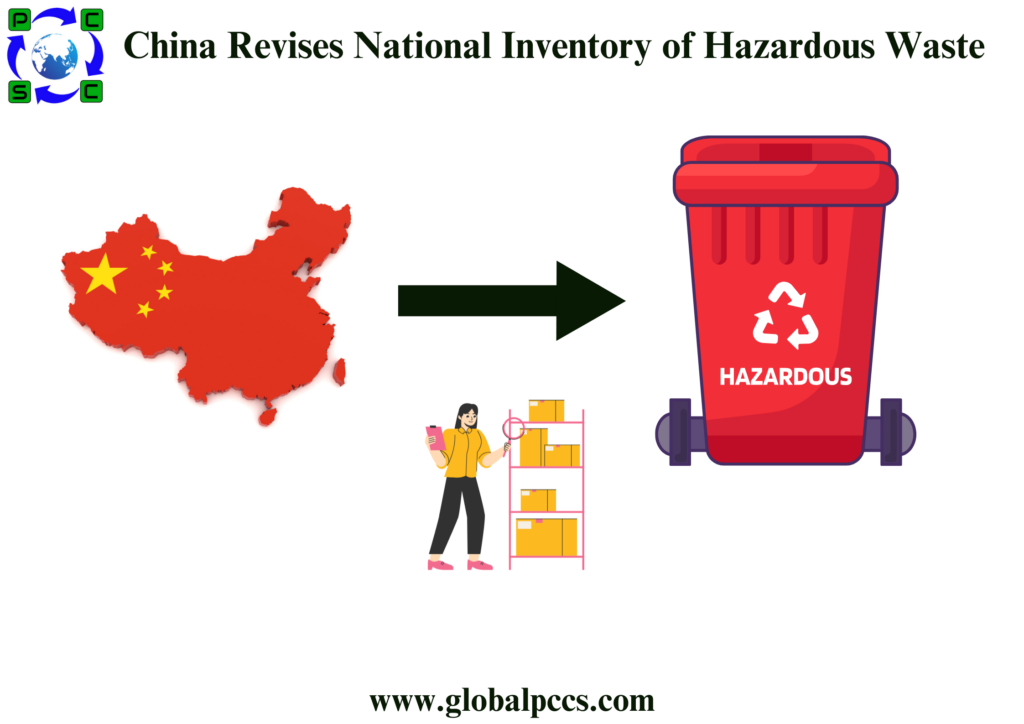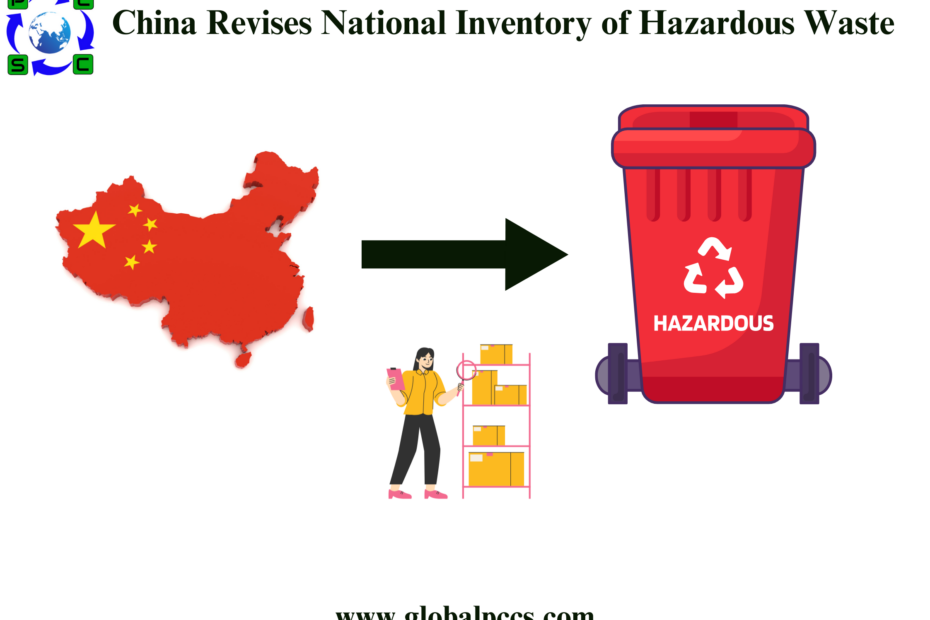 The revised inventory will improve the accuracy of hazardous waste property identification and ensure management efficiency.
The revised inventory will improve the accuracy of hazardous waste property identification and ensure management efficiency.
Recently, the Ministry of Ecology and Environment, the National Development and Reform Commission, the Ministry of Public Security, the Ministry of Transport and the National Health Commission revised and jointly issued the “National Inventory of Hazardous Wastes (2025)” (hereinafter referred to as “the Inventory”). The Inventory will be implemented from January 1, 2025.
Background
The Inventory serves as a crucial foundation and key basis for the environmental management of hazardous wastes. Since its first release and implementation in 1998, the Inventory has been gradually improved after three revisions in 2008, 2016 and 2021. These updates have significantly contributed to establishing China’s hazardous waste identification standard system, mitigating environmental risks associated with hazardous waste, and bolstering the management of hazardous waste.
Main contents
The Inventory consists of three parts: main text, National Inventory of Hazardous Waste, and Hazardous Waste Exemption Management List. The revision includes:
- Revise Article 6 of main text to improve the classification of hazardous waste after identification;
- Revise the National Inventory of Hazardous Waste. The Inventory now includes a total of 470 hazardous waste, 3 more than the 2021 version. Among them, 2 waste codes are integrated and 1 waste code is split; 4 new tin smelting wastes with generally hazardous characteristics are added;
- Add 6 new annotations to the Inventory for more accurate identification of hazardous waste;
- Add explanation that “exemption only applies under specific conditions and should still comply with relevant laws, regulations and standards”;
- Introduce medical waste exemptions for rural medical institutions.
What do enterprises need to do after the implementation of the new Inventory
Relevant enterprises need to coordinate the revisions with the information management of hazardous wastes, as well as environmental management systems. They need to:
- Adjust the relevant information on hazardous wastes in the national solid waste management information system according to the revisions and ensure that relevant data are updated in a timely manner;
- Promptly report hazardous wastes to the local ecological and environmental departments and update hazardous waste management plans, pollutant discharge permits and other information;
- For hazardous waste management license holders, if there are changes in the types and codes of relevant hazardous wastes, they need to make changes in a timely manner;
- In case of changes in the types and codes of hazardous wastes in transfer forms, relevant changes should also be made accordingly.
Stay ahead in the world of sustainability compliance with Global PCCS, where expert insights meet the latest regulations. Unlock a future where compliance drives sustainability and your business thrives in a greener, regulated landscape.








 Authorised IMDS & CDX Training & Consulting partner for
Authorised IMDS & CDX Training & Consulting partner for






